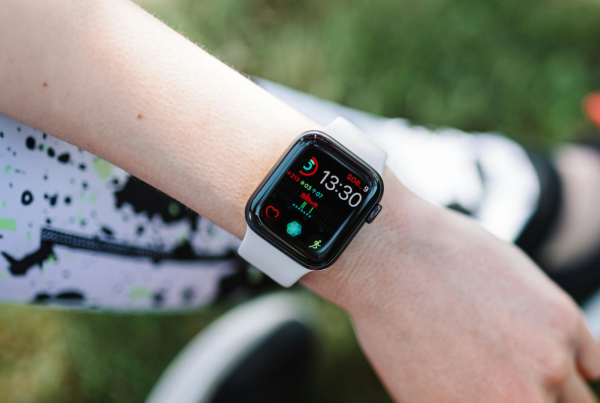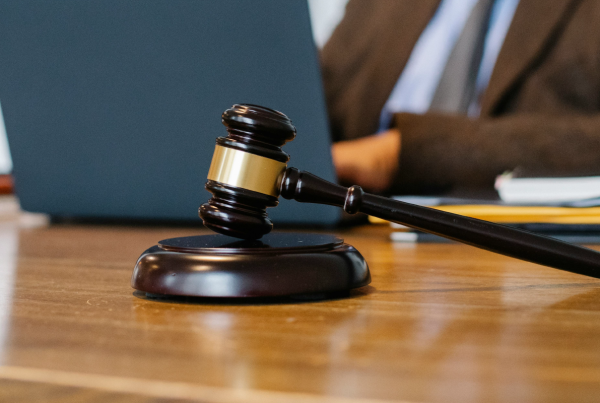The 4th of July is a time for celebration, but it is crucial to remember the importance of firework safety to ensure a memorable and injury-free holiday. Here are some essential tips and guidelines to keep in mind:
- Handle with Care: Always read and follow the manufacturer’s instructions for lighting and using fireworks. Choose a clear, open area away from buildings, trees, and dry grass.
- Keep Water Handy: Have a bucket of water, a fire extinguisher, or a garden hose nearby to quickly extinguish fireworks or in case of emergencies.
- Wear Safety Gear: Protect yourself by wearing safety goggles to shield your eyes and gloves to safeguard your hands when handling fireworks.
- Adult Supervision: Fireworks are not toys and should only be handled by responsible adults. Children should never handle fireworks, and adults should supervise all firework activities.
- What to Do If Injured: In the unfortunate event of a firework-related injury, seek immediate medical attention. Contact emergency services, and follow medical advice to ensure proper treatment and care.
- Prevention Strategies: Avoid accidents by refraining from mixing alcohol with fireworks, never attempting to make or use homemade explosives, and never relighting a “dud” firework.
- Why Hire Fielding Law: At Fielding Law, we understand the serious consequences of firework accidents. Our experienced team is here to help if you or a loved one has been injured due to negligence or unsafe practices. We provide compassionate yet assertive legal representation, ensuring you receive the compensation you deserve for your injuries and damages.
Stay Safe this Fireworks Season
Remember, safety should always come first when handling fireworks. By following these tips and guidelines, you can enjoy a memorable holiday while minimizing the risk of firework-related accidents.
If you have been injured in a firework accident, contact Fielding Law today for expert legal assistance. Do not delay, your rights matter! Call Fielding Law at 833.88.SHARK for a free consultation 24/7.
Note: Information provided is for educational purposes and does not constitute legal advice. Always consult with a qualified attorney for legal concerns.






